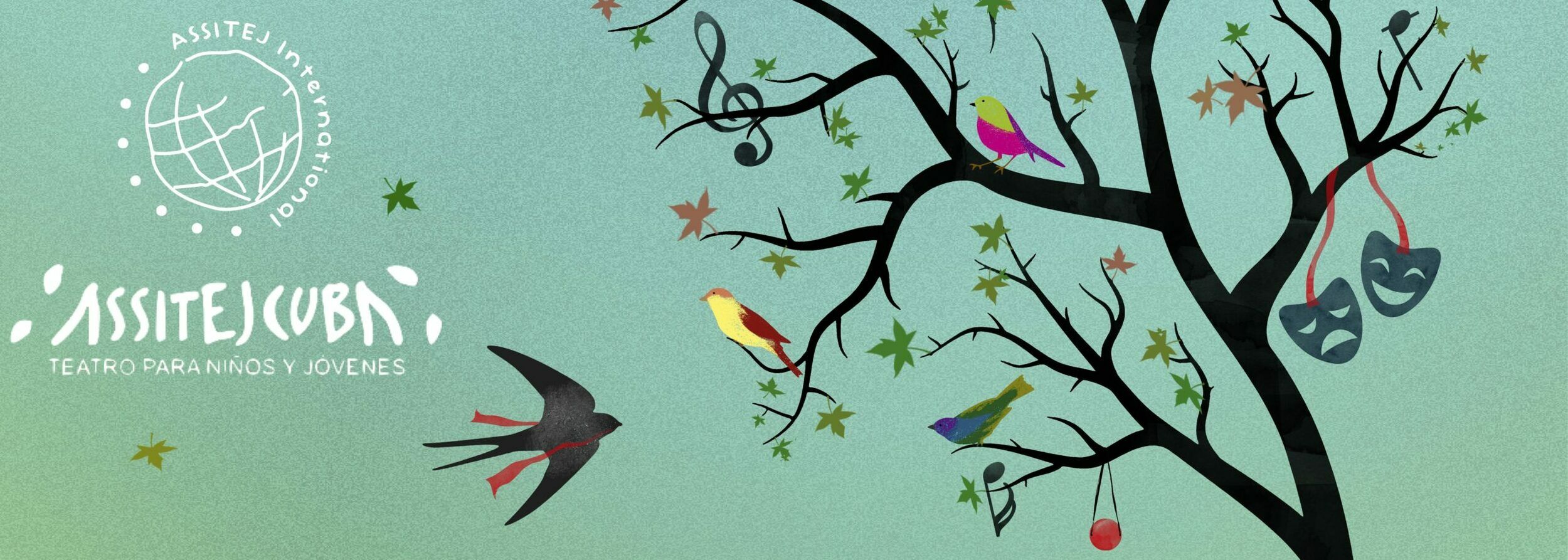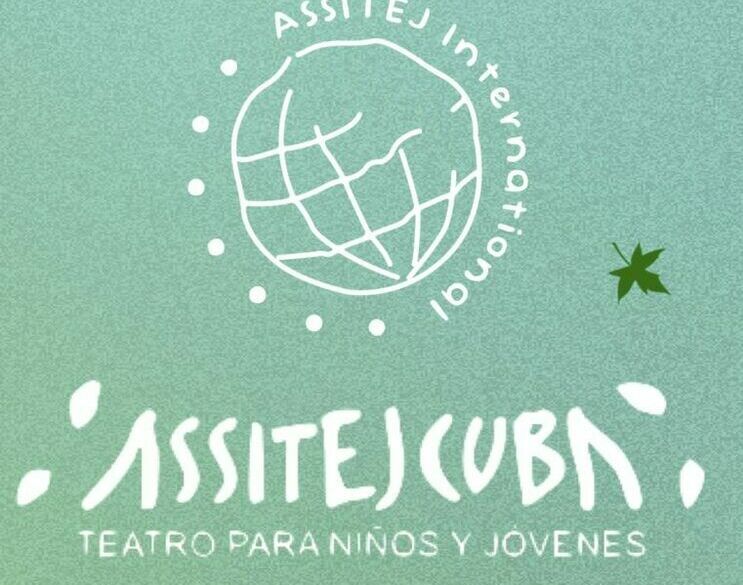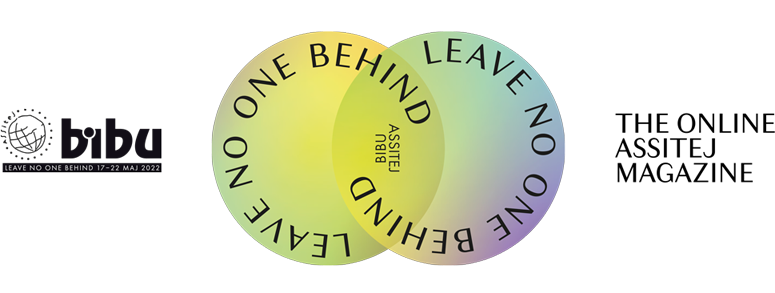Introduction
Bibu is the most important meeting place with, for and about professional performing arts for young audience – an arena where all of us working with children, youth, performing arts and culture meet every other year, in Helsingborg, Sweden, to experience and discuss performing arts for children and youth. The biennal of 2022 will occur in 17-22 of May.
Hosting ASSITEJ Artistic Gathering
Bibu has been selected to host the2022 edition of the international meeting Assitej Artistic Gathering. Assitej Artistic Gathering is arranged every year and is the world´s biggest reoccurring event for professional performing arts practitioners. In addition to the one thousand Swedish participants attending Bibu, another 300 – 500 international participants, all working with performing arts for children and youth, is expected to visit Bibu and Helsingborg.
Leave No One Behind
The theme for Artistic Gathering 2022 is based on United Nations 17 Global Goals for sustainable development which is the most ambitious agenda approved by all countries in the world. With the Artistic Gathering 2022 we create an international meeting place for professional practitioners while we simultaneously offer children and young people the possibility to experience performing arts from all over the world. We will also focus our work on how sustainability can alter our processes, co-operations and performances in a global future.
The call for indigenous performances
The performances selected for Bibu – the Swedish Performing Arts Biennial for Children and Youth – and the ASSITEJ Artistic Gathering 2022 – consists of two parts: one part with Swedish performances and one part with international performances. For the international part, the Board of Directors will welcome innovative international applications that are visioned, produced and creatively led by Indigenous Performing Artists of all abilities.
Bibu and ASSITEJ Artistic Gathering 2022 acknowledges Indigenous peoples of the past, present and future worldwide as the custodians, inheritors and practitioners of unique cultures, worldviews and relations to land and environments. The Indigenous peoples have retained social, cultural, economic and political characteristics that are distinct from those of the dominant societies in which they live. Despite their cultural differences, indigenous peoples from around the world share common problems related to the protection of their rights as distinct peoples.











